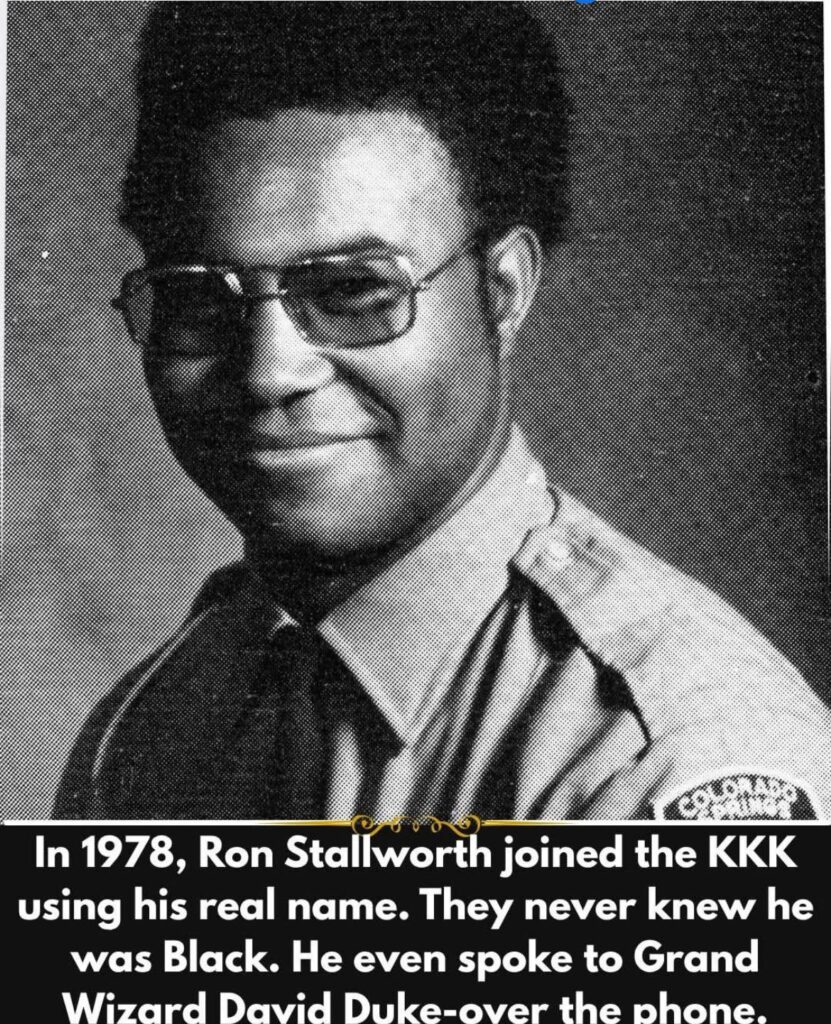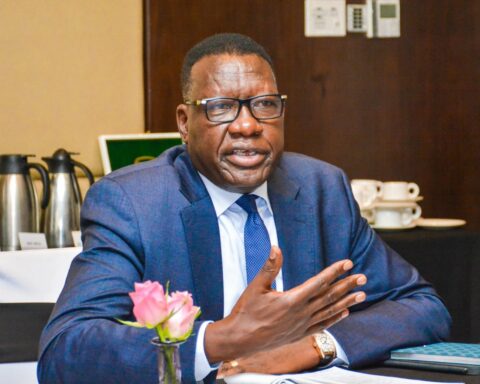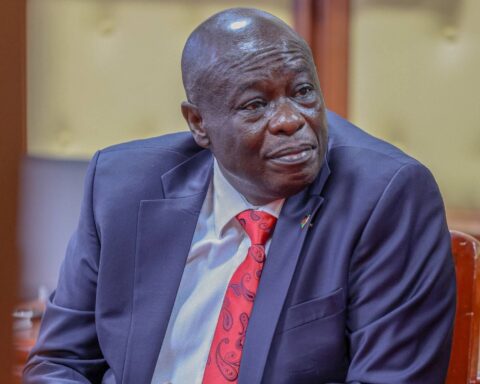When the Ku Klux Klan tried to recruit new members in 1978, they had no idea they were talking to a Black man.
Ron Stallworth was the first Black detective in the Colorado Springs Police Department. When he saw a KKK ad in the local paper, he picked up the phone—and called them.
He used his real name. He just didn’t use his real voice in person.
On the phone, Stallworth posed as a white supremacist. In-person meetings were handled by a white undercover cop who acted as his stand-in. Together, they created a seamless, fake identity—one that fooled everyone, including the Klan’s leadership.

For seven months, Stallworth secretly gathered intelligence on the Klan. He even had multiple phone conversations with David Duke, the Klan’s Grand Wizard—who never realized the man on the other end was Black.
Thanks to his undercover work, the police were able to stop planned cross burnings, monitor violent activity, and even uncover active-duty military personnel involved in the organization. Some were stationed at NORAD, one of America’s most sensitive defense hubs.
The operation came to a surreal peak when Stallworth was nominated to lead the local Klan chapter.
At that point, his chief pulled the plug.
Stallworth’s extraordinary story remained classified for decades. When it finally came to light, it became a memoir—and later, a Spike Lee film, BlacKkKlansman.
He didn’t just infiltrate hate. He exposed it, shamed it, and beat it—on its own turf.









